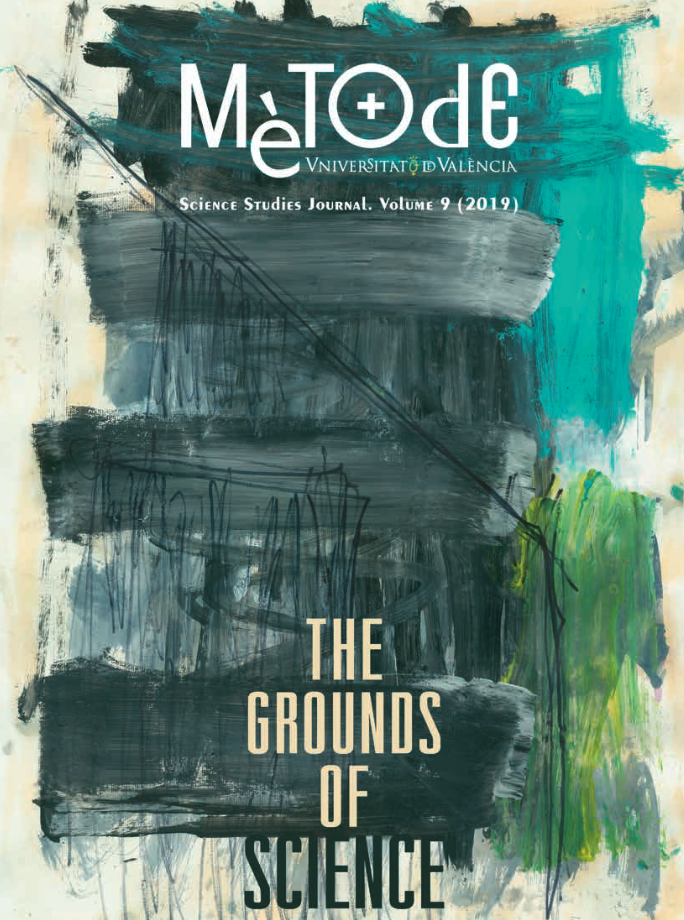Editorial
DOI:
https://doi.org/10.7203/metode.9.14160 Resumen
Resumen
By the end of 2018 we learned about the birth of two twins that had been genetically engineered using CRISPR to be immune to HIV. Despite the doubts regarding the veracity of the claims of the Chinese scientist in charge of the project, the news confirmed the urgent need to open a debate on the ethical, legal, and social dimensions of genetics, but also on other scientific advances that will undoubtedly impact our lives directly in the near future.
From Mètode Science Studies Journal we have always been committed to opening a space for science reflection and debate, which must provide society with the necessary tools to have an informed understanding to serve as a starting point when making decisions. These pages include a monograph focusing on the communication of biotechnology, which deals with how advances such as CRISPR, the use of animals in research, and biotechnological applications have been explained to society.
Biotechnology is not the only scientific breakthrough that will have consequences for our lives. The development of artificial intelligence in the fields of security, medicine, or transport makes it necessary to reflect on the application of these advances in our daily lives as well, as outlined in another of the special monographs in this volume.
Finally, the present issue of Mètode SSJ also includes a monograph on the concept of biodiversity. A new term to describe the era we are living at the moment, the Anthropocene, has been suggested. It is characterised by the deep footprint humans are leaving in the environment.
Once again, a few pages in which to reflect, analyse, and debate, a new opportunity to build a better science from the ground up.
 Descargas
Descargas
Descargas
Publicado
Cómo citar
-
Resumen865
-
PDF 628
Número
Sección
Licencia
![]()
Todos los documentos incluidos en OJS son de acceso libre y propiedad de sus autores.
Los autores que publican en esta revista están de acuerdo con los siguientes términos:
- Los autores conservan los derechos de autor y garantizan a Metode Science Studies Journal el derecho a la primera publicación del trabajo, licenciado bajo una licencia de Creative Commons Reconocimiento-NoComercial-SinObraDerivada 4.0 Internacional, que permite a otros compartir el trabajo con un reconocimiento de la autoría del trabajo y citando la publicación inicial en esta revista.
- Se permite y se anima a los autores a difundir sus trabajos electrónicamente a través de páginas personales e institucionales (repositorios institucionales, páginas web personales o perfiles a redes profesionales o académicas) una vez publicado el trabajo.





